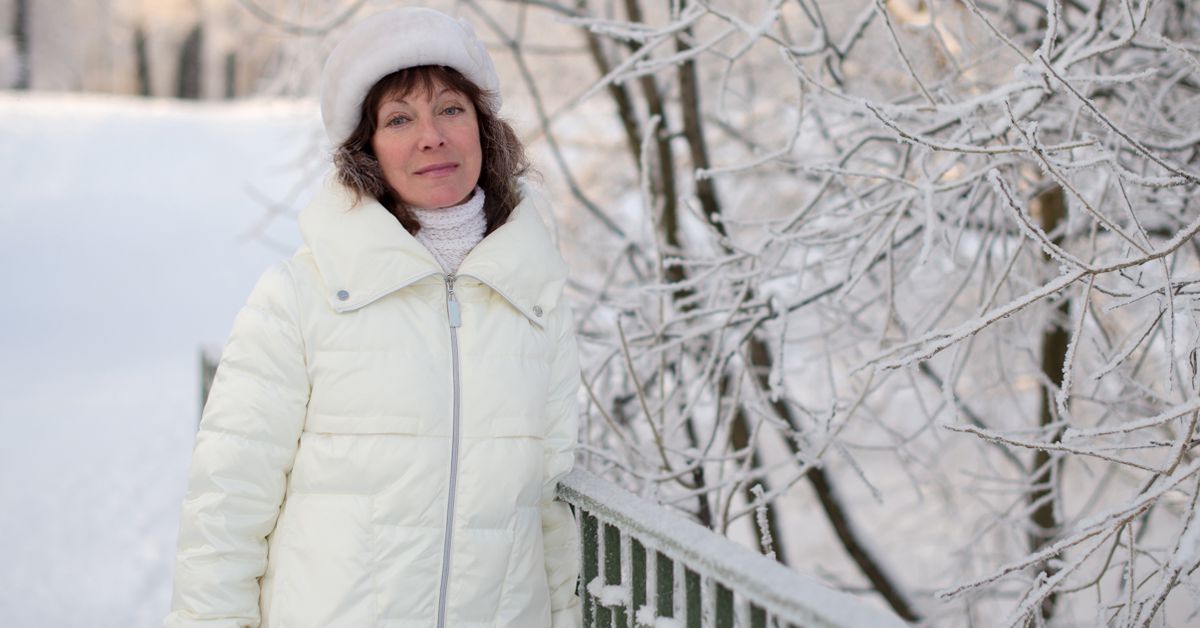Winter can be a harsh season for your skin. The cold, dry air and indoor heating can strip your skin of its natural oils, leading to dryness, flakiness, and irritation.
If you want to keep your skin healthy and radiant during the winter months, it's important to take extra care of your skin.
Here are 24 tips to help you have great skin during the winter:
Skin Tips
Moisturize regularly
The most important thing you can do for your skin during the winter is to keep it moisturized.
Choose a thick, creamy moisturizer that will help to seal in moisture and protect your skin from the drying effects of the cold.
Leave off the toner
Many people use toner as part of their daily skin care routine, but in the winter, it can be drying to the skin.
Instead, try using a gentle, alcohol-free toner or simply skip this step altogether.
Use a facial serum
A facial serum is a concentrated formula that is designed to target specific skin concerns.
In the winter, look for a serum that is rich in hydrating ingredients like hyaluronic acid or glycerin to help keep your skin moisturized and radiant.
These ingredients can help to attract and retain moisture in the skin, helping to keep it hydrated and smooth.
Exfoliate gently
Exfoliating your skin can help to remove dead skin cells and improve the appearance of your skin, but it's important to be gentle.
Use a gentle exfoliator and be careful not to scrub too hard, as this can damage your skin.
Use a facial mask
Facial masks can help to nourish and moisturize your skin, especially in the dry winter months.
Look for masks that contain hydrating ingredients like aloe vera, honey, or avocado.
Use a facial oil
Facial oils can be a great addition to your skin care routine in the winter, as they help to seal in moisture and protect your skin from the drying effects of the cold.
Protect your skin from the sun
Just because it's cold outside doesn't mean you can skip the sunscreen.
The sun's rays can still damage your skin in the winter, so make sure to apply sunscreen with at least SPF 30 before heading outside.
Use a lip balm
Your lips are especially vulnerable to dryness in the winter, as the cold air and indoor heating can strip them of moisture.
Nutrition Tips
Stay hydrated: Drinking plenty of water is essential for maintaining healthy skin year-round, but it's especially important in the winter when the air is dry. Make sure to drink at least 8 glasses of water per day to keep your skin hydrated and glowing.
Eat a healthy diet: Your diet has a big impact on the health of your skin. In the winter, it's especially important to eat a diet that is rich in vitamins and minerals to support healthy skin. This includes foods like fruits, vegetables, nuts, and seeds.

Lifestyle Tips
Use a humidifier
The dry air of winter can be harsh on your skin, especially if you spend a lot of time indoors.
To add moisture back into the air, consider using a humidifier in your home or office.
This will help to keep your skin hydrated and prevent dryness.
Avoid hot water
When you're feeling cold, it's tempting to take a hot shower to warm up.
However, hot water can strip your skin of its natural oils, leading to dryness and irritation.
Try to use lukewarm water instead, and limit your shower time to 10-15 minutes.
Avoid alcohol-based products
Alcohol-based products like toners and astringents can be drying to the skin, especially in the winter.
Look for gentler, alcohol-free products instead.
Avoid long, hot baths
While a long, hot bath can be a relaxing way to warm up on a cold winter day, it's not great for your skin.
Hot water can strip your skin of its natural oils and leave it feeling dry and uncomfortable.
Instead, opt for shorter, lukewarm baths or showers. This will help to preserve your skin's natural oils and keep it hydrated.
Use a face mist
A face mist can help to refresh and hydrate your skin throughout the day, especially in the dry winter air.
Keep a bottle of face mist in your bag and spritz it on your face throughout the day to keep your skin hydrated.
This is especially helpful if you spend a lot of time in an air-conditioned or heated environment, as these environments can be drying to the skin.
Avoid harsh ingredients
Many skin care products contain harsh ingredients that can strip the skin of its natural oils, leading to dryness and irritation.
In the winter, it's especially important to avoid products that contain alcohol, sulfates, and other harsh chemicals.
Instead, look for products that are formulated with gentle, nourishing ingredients that will help to protect and nourish your skin.
This will help to prevent irritation and keep your skin looking healthy and radiant.
Fashion
Layer your clothing
Layering your clothing can help to trap heat and moisture against your skin, keeping it hydrated and healthy.
Look for lightweight, moisture-wicking layers to wear underneath your winter coat, such as thermal tops and leggings.
Invest in a good winter coat
A good winter coat can make a big difference in keeping your skin healthy during the cold months.
Look for a coat that is made of a breathable, moisture-wicking fabric to help keep your skin dry and comfortable.
Wear a scarf
A scarf can help to protect your skin from the cold and wind by covering your face and neck.
Look for a scarf that is made of a soft, breathable fabric to keep your skin comfortable.
Use a hat or beanie
A hat or beanie can help to keep your head warm and protect your skin from the cold.
Look for a hat or beanie that is made of a breathable fabric to help keep your skin comfortable.
Wear gloves
Cold weather can be harsh on your hands, leading to dryness and chapping.
Wearing gloves can help to keep your hands warm and protect your skin from the cold.
Wear warm socks
Cold weather can be harsh on your feet, leading to dryness and cracking.
Wearing warm, moisture-wicking socks can help to keep your feet warm and protect your skin from the cold.
Wear shorter shoes
When it's cold outside, it's tempting to pull on a pair of tall boots to keep your feet warm.
However, wearing shoes that cover your ankles can trap moisture and lead to dry, flaky skin on your lower legs.
Instead, opt for shorter shoes that allow your skin to breathe. Or, as the next tips says:
Wear Boots
Boots can help to keep your feet warm and protect your skin from the cold and wet conditions of winter.
Look for boots that are made of a breathable, moisture-wicking fabric to keep your feet comfortable and dry.
Conclusion
By following these tips, you can help to keep your skin healthy and radiant throughout the winter months.
Proper skin care is important all year round, but it's especially important during the winter when the elements can be harsh on your skin.
By taking extra care of your skin and using the right products, you can keep your skin looking and feeling its best, no matter how cold it gets outside.

Leave A Comment